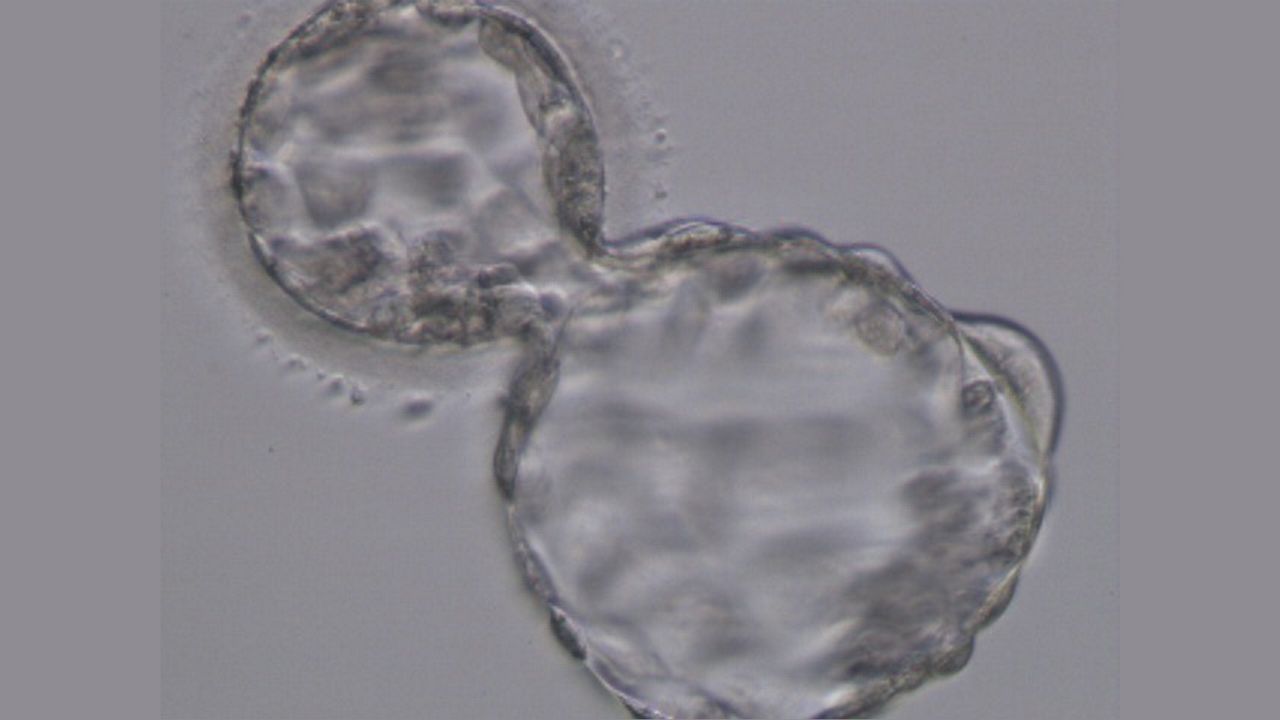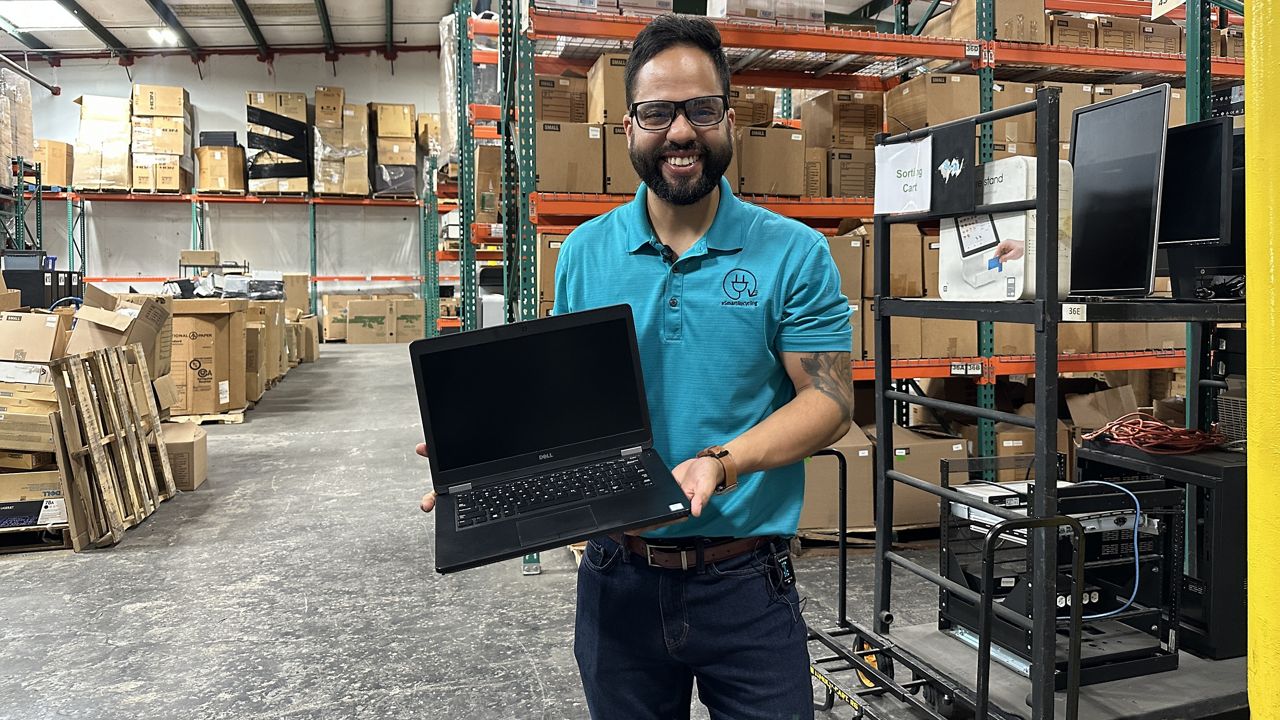TAMPA, Fla. — These days almost every industry is turning to artificial intelligence to see how it can improve business, and the world of infertility is no different.
At Brown Fertility in Tampa, little embryos sit in liquid nitrogen, waiting.
“In here is where we keep all the eggs and embryos," said Jenny Linn, an embryologist.
Linn helps with egg fertilization, embryo selection, assisted hatching and more at Brown Fertility.
But this February, she began getting a bit of assistance with the help of artificial intelligence.
“To me, it helps with perfect timing to get the eggs, which is really important when you go to fertilize that egg," said Dr. Samuel Brown, Medical Director at Brown Fertility.
Brown said the A.I. tech is called Cycle Clarity, developed through Alife Health.
“Success rates over the last 20 years have gone up and up, and we're at a good place now across the nation. Their average success rates are like 50, 55%. We're up around 70, 80%. Now, by using these technologies, it's making our success rates so much better. And surprisingly, it's become less expensive," said Brown.
Less expensive, because patients are getting pregnant on the first round of IVF more often, with the help of this technology.
“Artificial intelligence definitely helps us increase our pregnancy rates. And we're very happy that we're, you know, going to be a part of that," said Linn.
A.I. helps in two areas. First, knowing when to best remove eggs from a woman during the retrieval process, and when an embryo is at its best to be transferred back into the woman.
“I think this is quite a notch above where we had been with IVF. I think this is taking it ten steps ahead of where we anticipated we'd be," said Brown.
Anything that helps people become parents is a big win in the fertility world.
The Centers for Disease Control and Prevention defines infertility as not being able to get pregnant and conceive after one year or longer of having unprotected sex. At that point, most people are recommended to go to a fertility clinic for help with pregnancy chances.












